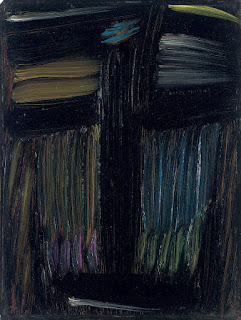Karl Barth, the Jews, and Judaism – the 2014 Princeton Barth Conference
The good people over at the Center for Barth Studies have asked the theo-blogging community to help spread the word about the upcoming Princeton Barth conference, to be held in June. You see the most vital statistics in the image above. More information can be found at the conference website , including an exciting feature this year - the call for papers! That’s right! If you have something interesting to say on the topic, send in a proposal and see what happens. That goes for you doctoral students too! The list of plenary speakers certainly looks good. I currently have no plans to attend, but perhaps inspiration will strike in the form of a paper proposal… One never knows. Anyway, I’m told there is early-bird registration pricing . So get a move on! ================================== Follow @WTravisMcMaken

